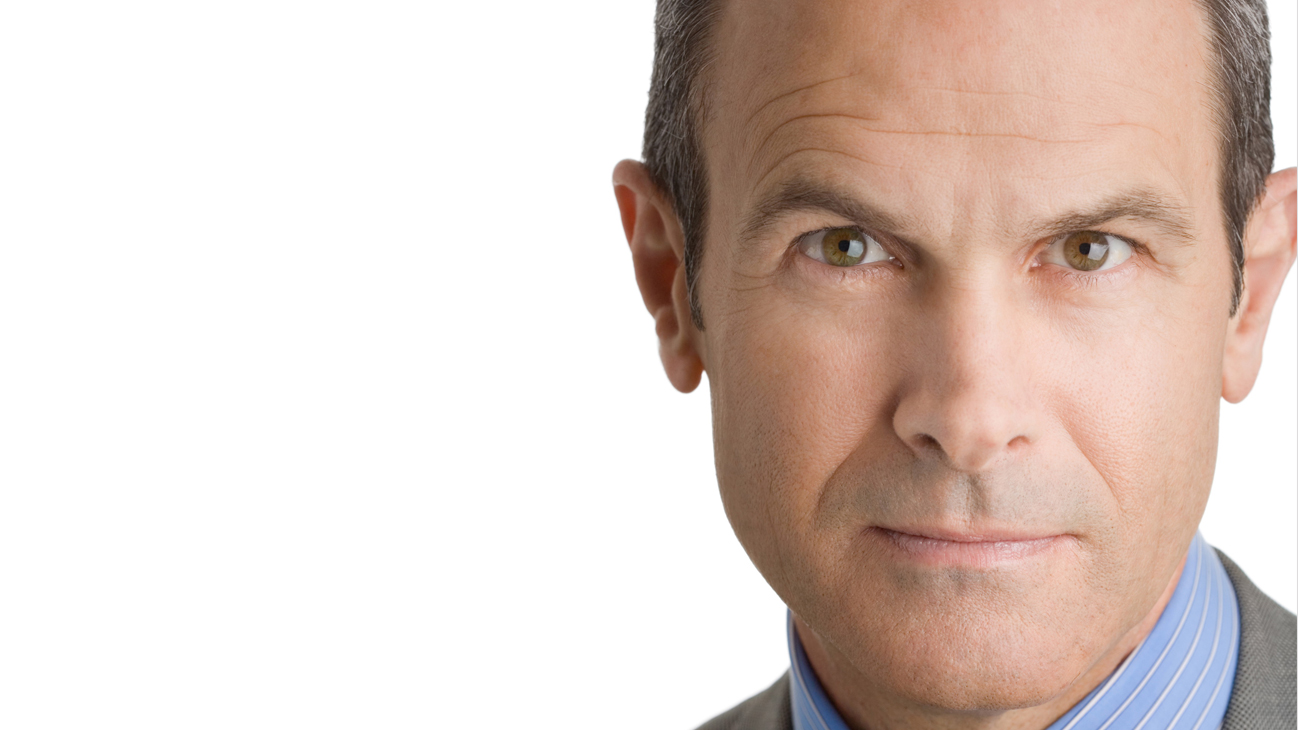Geoff Colvin, senior editor-at-large of Fortune magazine on business model innovation:
When Carlos Ghosn announced last year that Nissan, which he runs, will start making ultracheap cars for emerging markets under the revived Datsun brand—and will make a profit on them—the mainstream response was contemptuous. “A big mistake,” a Toyota executive told the Wall Street Journal; “another blunder,” said a Japanese professor. Make a profit on a $3,000 vehicle? Everyone knows the profits are in pickup trucks and luxury cars.
No one can predict if Ghosn’s new vision will work. His previous rethinking of the business, the all-electric Leaf, hasn’t amounted to much so far. But applaud Ghosn for this: He is trying to develop the most crucial competency for every company today, innovating the business model.
“Innovation” is the hottest word in business, but most of the discussion centers on products and services. The more profound challenge for most companies now is imagining a new business model, a new answer to the fundamental question, How do we make money?
You will face this challenge. For convenience, just assume the following: Your business model doesn’t work anymore. That blunt claim won’t be far wrong. Even if the model has worked for decades, even if it’s working okay right now, odds are that it soon won’t be.
Several forces are combining to shred business models economywide. The most important is information technology, the immediate effect of which is to revolutionize every information-based business. A second-order effect is that IT makes most businesses easier and faster to start or change. It also multiplies the speed and power of other trends, such as the rise of emerging markets, the growing economic role of governments, and changing consumer tastes.
Result: Not since the Industrial Revolution have we seen a longer or broader list of companies whose business models are suddenly obsolete. Start with virtually all companies in the media business, or any company that relies on owning copyrights or selling advertising. Then look at how major retailers— Best Buy, Target, Wal-Mart—are rethinking their models in response to showrooming (browsing in-store and buying online), eBay (see story, page TK) and Amazon. The whole education industry needs a new model. So does banking; the post office; computer makers; Big Pharma; music; the telecoms. They all need new business models, and almost all are having a hard time finding them.
That’s because business-model innovation is a competency that doesn’t exist in most companies. It never had to. For example, the newspaper business model worked great for 200 years. Twenty generations of management didn’t have to change it. Why should we expect that today’s generation would know how it’s done?
It’s the same in most companies. Even if your model isn’t 200 years old, probably no one has had to change it in a while.
If this were a once-a-generation problem, you could hire some smart consultants and get it over with. But in today’s environment, your new model will not last nearly as long as your old one did. The new normal is Amazon. It launched with an innovative model as an online bookstore. Then it also became a marketplace for other booksellers. It started offering other products (clothing, computers) requiring far different distribution infrastructures; began selling digital
books, music, TV shows, and movies online; created its own branded devices (Kindle and Kindle Fire); added web services for companies; and is now investing hundreds of millions of dollars in original programming and in warehouses for same-day delivery of groceries and other merchandise. We can’t count how many business models Amazon has used in its 18 years of existence. The model is changing continually.
Peter Drucker noted that “sloughing off yesterday” is almost impossibly difficult, yet every organization must get used to doing it regularly. The largest obstacles will be weak imaginations, threatened interests, and culture. Business-model innovation is the new essential competency. It’s hard. It will separate tomorrow’s winners from the losers.
By Geoff Colvin
Fortune magazine
February 25, 2013

